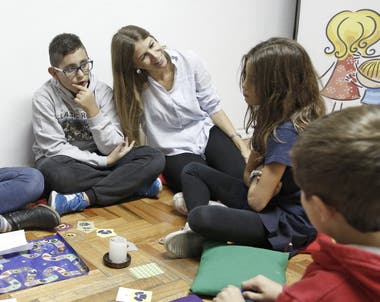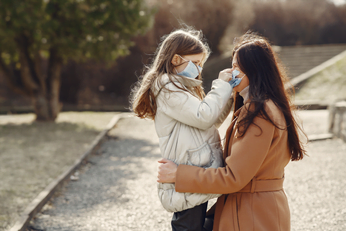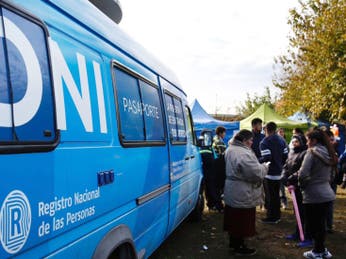Beyond the particular contexts and the place of the country where they live, the Argentine families agree today on one point: the quarantine has imposed, over the days, new and multiple challenges. However, these times of preventive isolation can also be the opportunity to create spaces for dialogue and encounter within homes.
Taking advantage of the moment to talk about topics that we often avoid – especially the most taboo – could become, according to specialists in different areas, one of the
great learning that the pandemic leaves us
.
Death is one of those difficult themes -perhaps the greatest of all- that, in many cases, families avoid, especially with the youngest. However, for Aldana Di Costanzo, psychologist and founder of
Aikén Foundation
-an NGO dedicated to accompanying grieving children and adolescents psychologically- should be part of our daily conversation topics.
How to talk to the boys and girls of death?
How do you know how much information they are prepared to receive according to their age? What do professionals recommend to gradually install a theme that necessarily crosses all homes? For Di Costanzo, talking about death before it happens, not using euphemisms and staying emotionally and bodily close to boys and girls, are
some of the keys
.
How to talk to boys and girls about death?
03:52
Accompany in duels
Aldana was six years old when her father, Gerardo, died of cancer; and 19 when her stepfather, Francisco, died of an aneurysm in the aorta. “The two deaths were sudden. Although my dad had cancer since I was one year old, he was in a period called free disease. He died at six in the afternoon and until four he had been taking a nap with him “, remember.
From a very young age, he felt that these duels had to be resignified in an experience that transcended his and his family’s pain. That was the engine that led her to create the Aiken Foundation. “My personal experience led me to think of children in mourning without accompaniment, not only psychological but emotional: from person to person,” explains Aldana. “We as a family did not have it. First, because there was no foundation to share this with peers who went through the same thing. On the other hand, we had many financial difficulties to solve a particular therapy,” he adds.

In addition to doing individual accompaniments, Aiken works through group therapy, both for boys and girls and for their reference adults. “The group generates a sense of belonging and gives the chance to meet peers who understand each other. This generates a plus and a healing that reinforces a lot of healthy issues in bereaved children. In addition, we work with the adults who must contain them and who they are crossed by their own pain “, maintains the psychologist.
In August 2008 they cared for the first family. Aiken means “life” or “live” in the Mapuche and Tehuelche languages. “What I knew was that I wanted to accompany the boys to give a new meaning to life after that great pain. How can you continue without one of those two pillars that are mom or dad? You can, of course , but it takes a lot of time and work, “he describes.
Since the foundation was created, more than 1010 bereaved children and adolescents have passed through the institution together with their direct relatives, and more than 11,500 people have been trained with a direct beneficiary population of 68,500 children and adolescents. Currently, there are 140 accompanying patients, 16 therapeutic groups and a team of 40 volunteers working throughout the year.
To know more
Aiken Foundation
ALSO
.
Publicado en el diario La Nación




